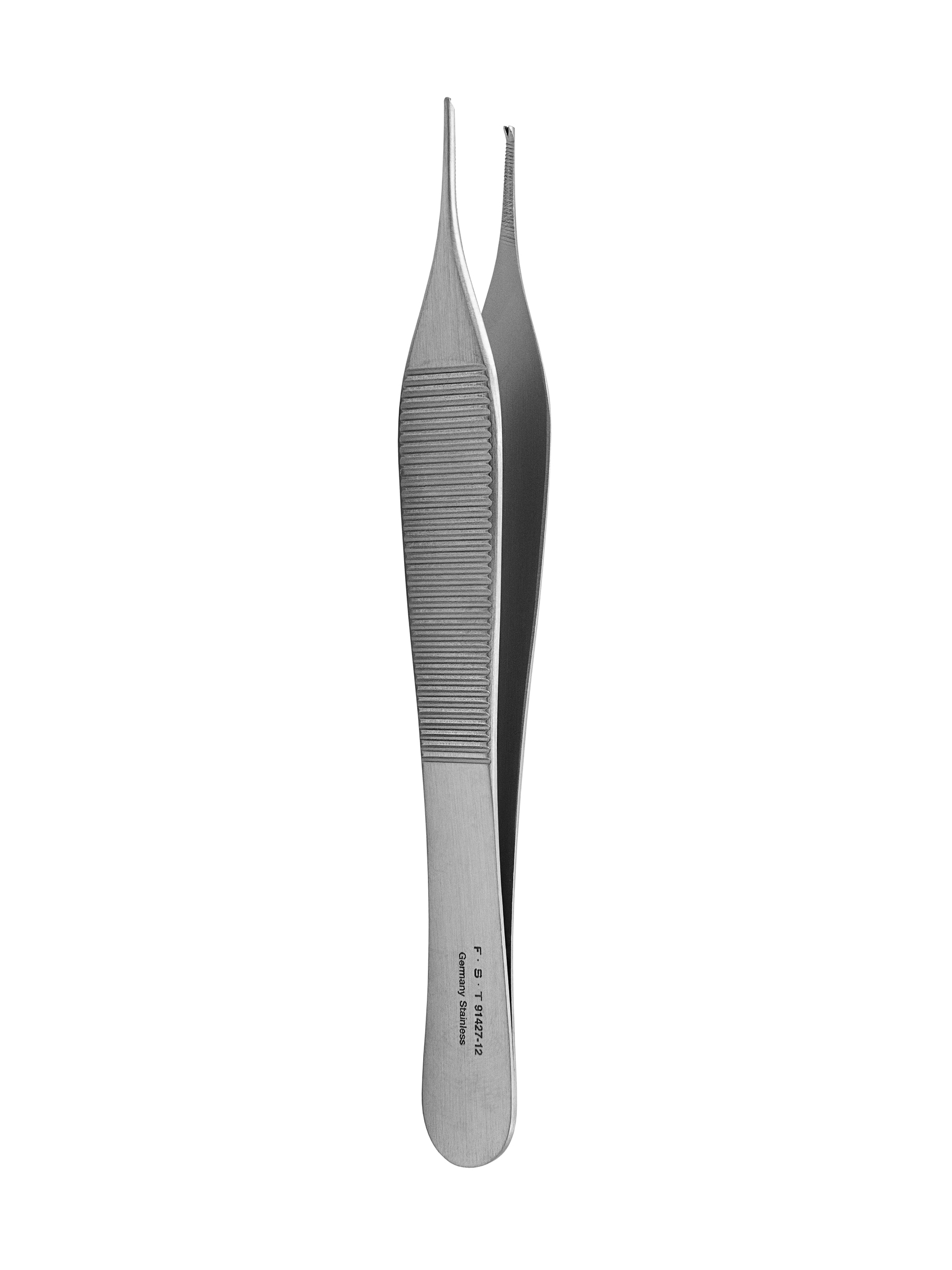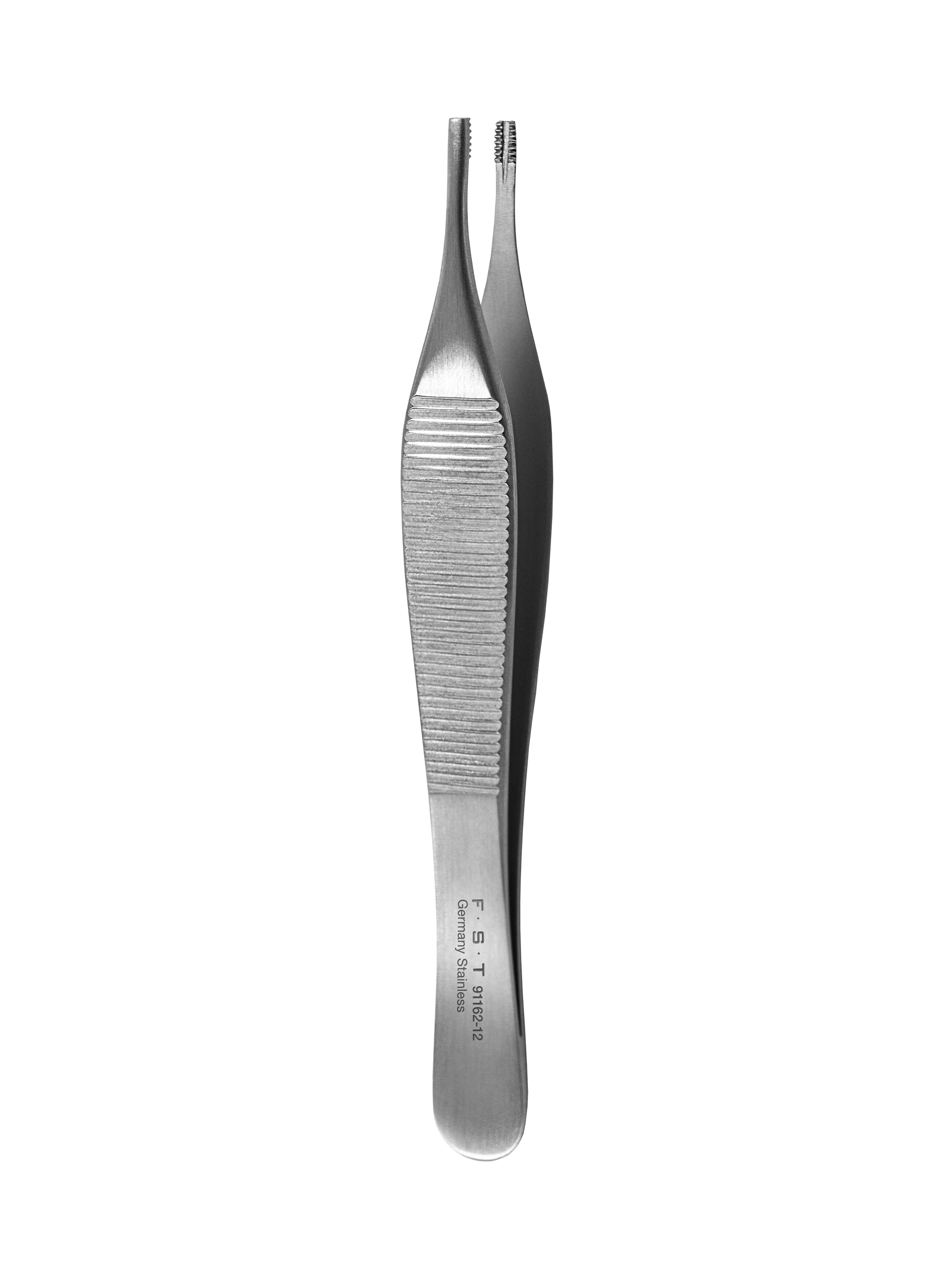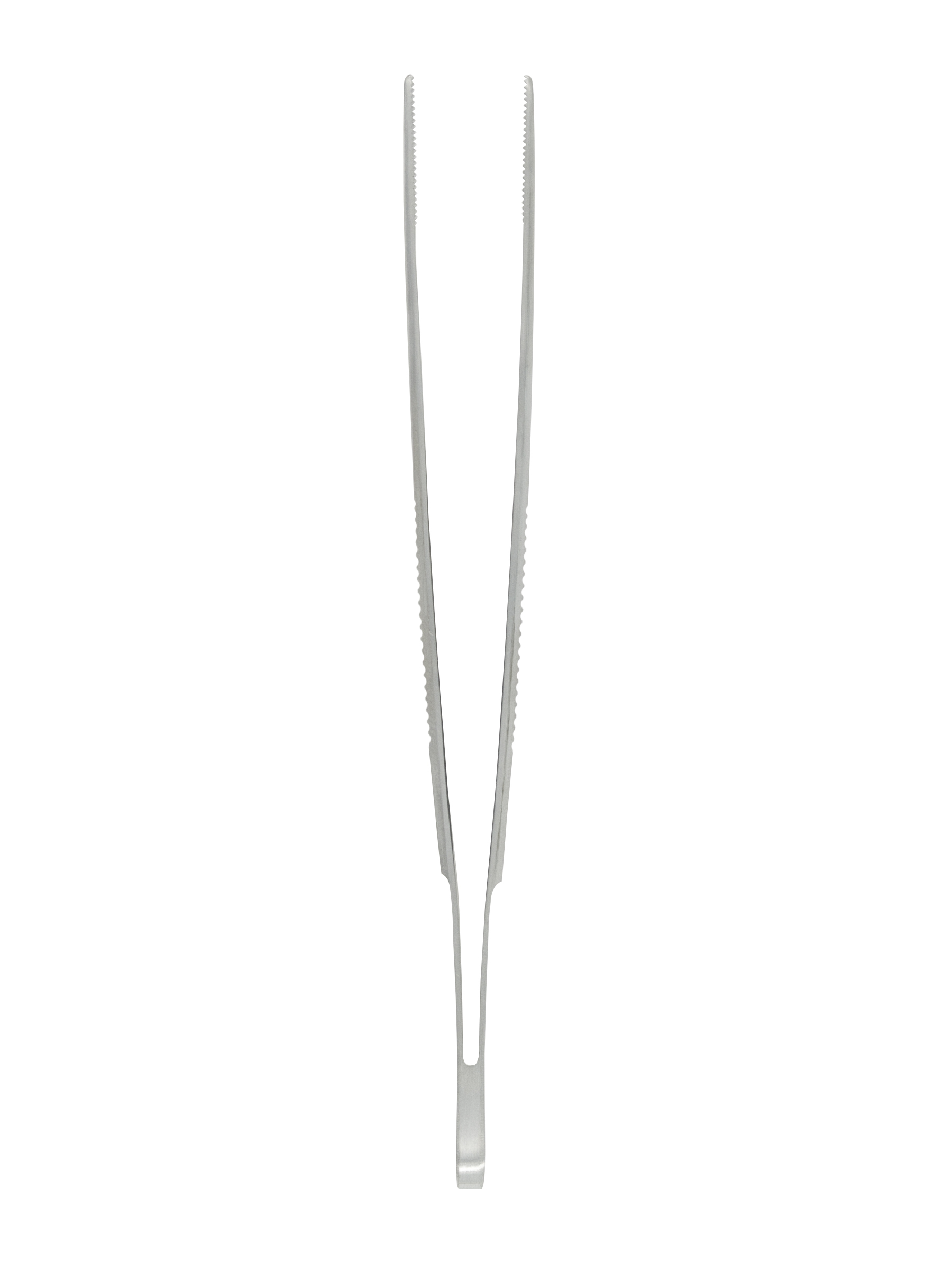Description
Obsidian is a type of volcanic glass that produces a much finer blade than conventional steel. It is ideal for applications where an extremely fine cutting action is required or where trace metals from ordinary scalpel blades cannot be tolerated. The relatively inexpensive obsidian scalpel is a good substitute for an expensive diamond knife.
Cautionary note: Obsidian is a very fragile material. Great care should be taken not to exert any lateral pressure on the blade during cutting. Each blade is hand-fashioned, so sizes, shapes and points will vary. While all the blades will have at least one sharp edge, some will have two.
Not autoclavable.






